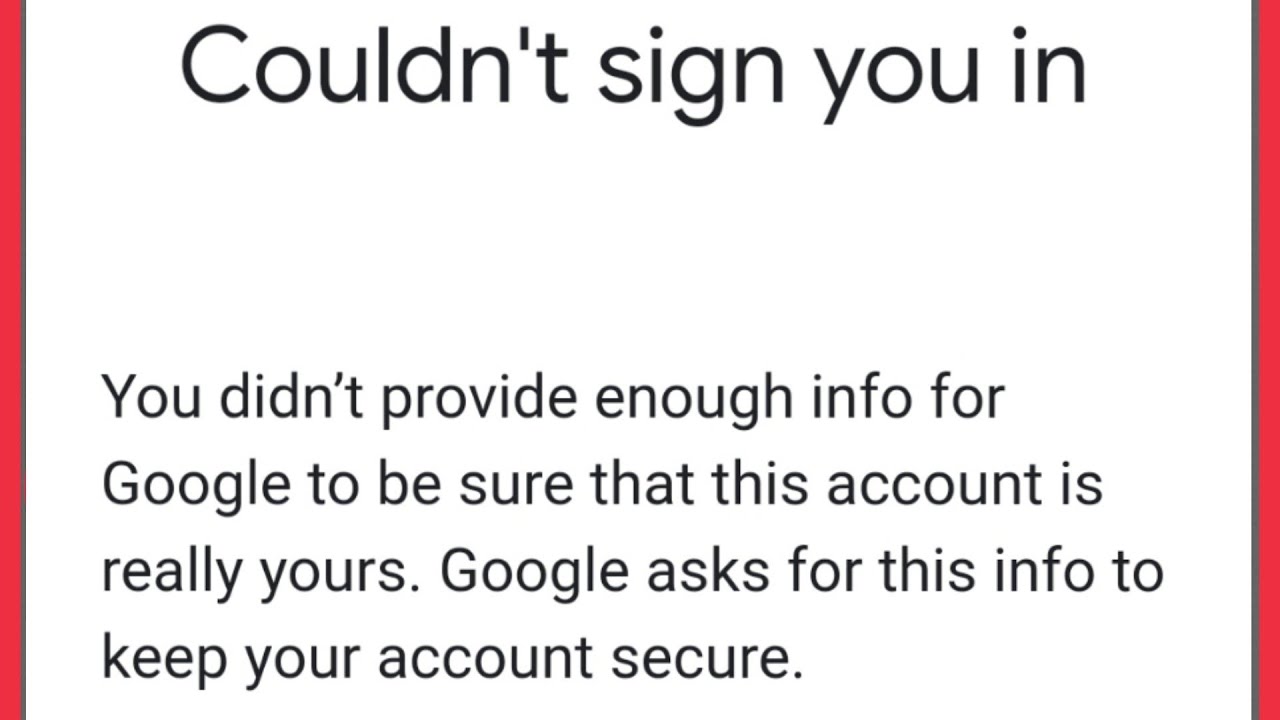
Many criminal activities are moving online. The cost of cybercrime is predicted to reach 8 trillion in 2023 and for the next five years, it’s going to increase by 15%. Some main targets will be account holders of free online services like Gmail, but other services will also be affected. These free services store a lot of information about you, that’s why these services are free, you are the product.
These services have a vested interest in protecting your data, many services combat account fraud by strengthening login security, I.E the page that you visit to log into your account. While many of these security changes reduce account hacking, they are so pervasive that they also make it more difficult for you to gain access to your account. One example is forcing you to use mobile phone text messaging to send security codes as an extra step before gaining access to your account. If you switch mobile numbers, what then? If the service doesn’t recognize you, or you forget your password, how will you gain access to your account? Free services have very limited support in these situations, usually relying on a single FAQ (Frequently Asked Questions) Page that contains pre-made steps to regain access to your account. If your situation falls outside of these steps, in many cases you’re out of luck.
More and more of our daily life is dependent on access to these important systems, and important things are worth paying for. You can purchase a paid email hosting package for around $50 a year with a direct line of support to an actual human.
Free online security measures are only going to continue to get more complex in the future, you need a reliable service provider to depend on when things go wrong.
If you’re using free products as your primary services, don’t wait for this to happen to you, contact me to talk about a paid service migration path. If you do find that you are locked out of your account, you can also contact me for a consultation to see what your options are.